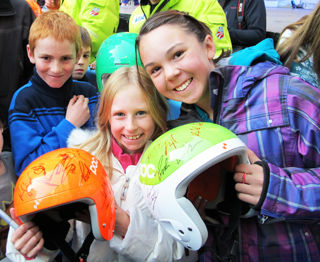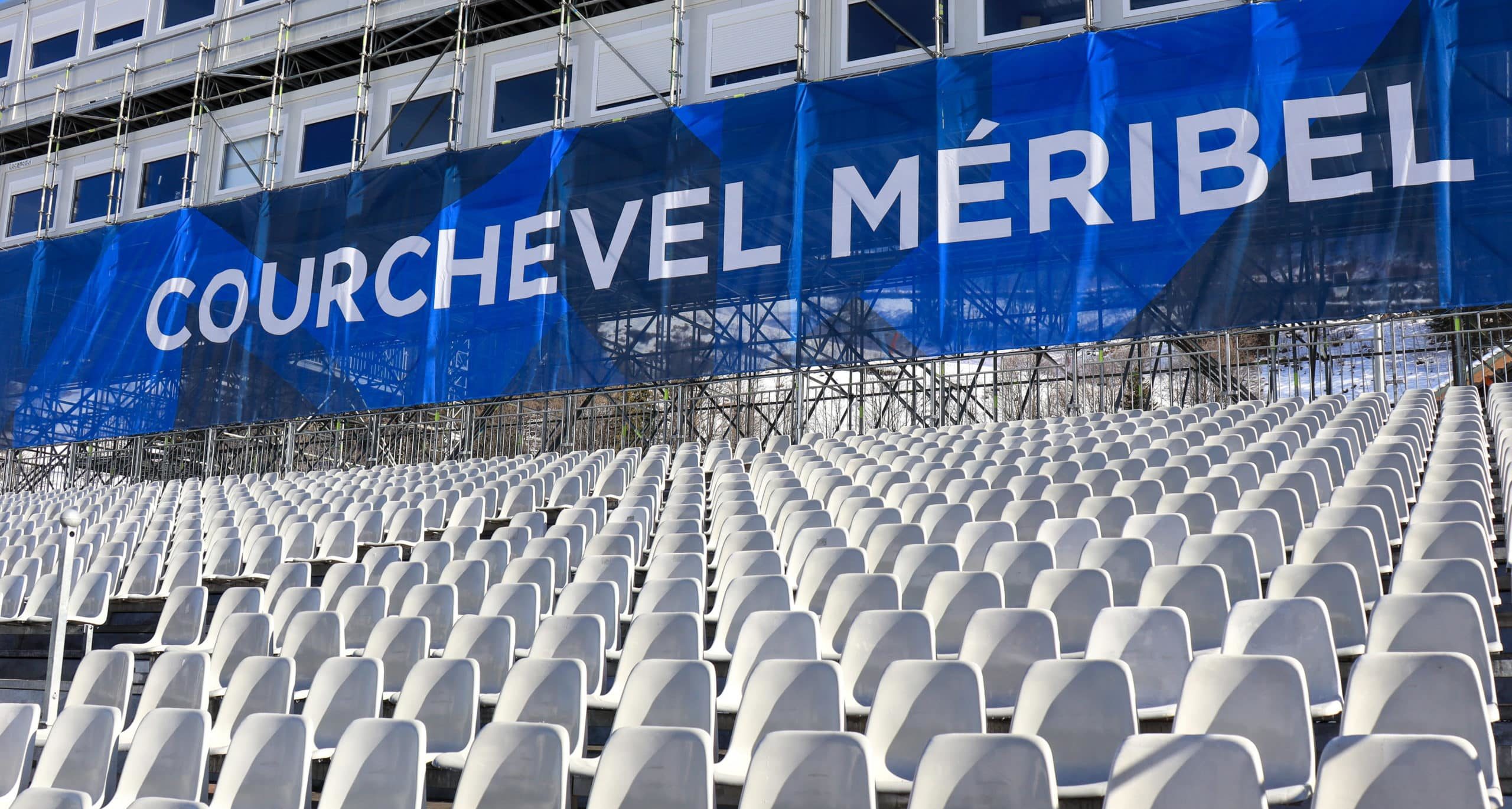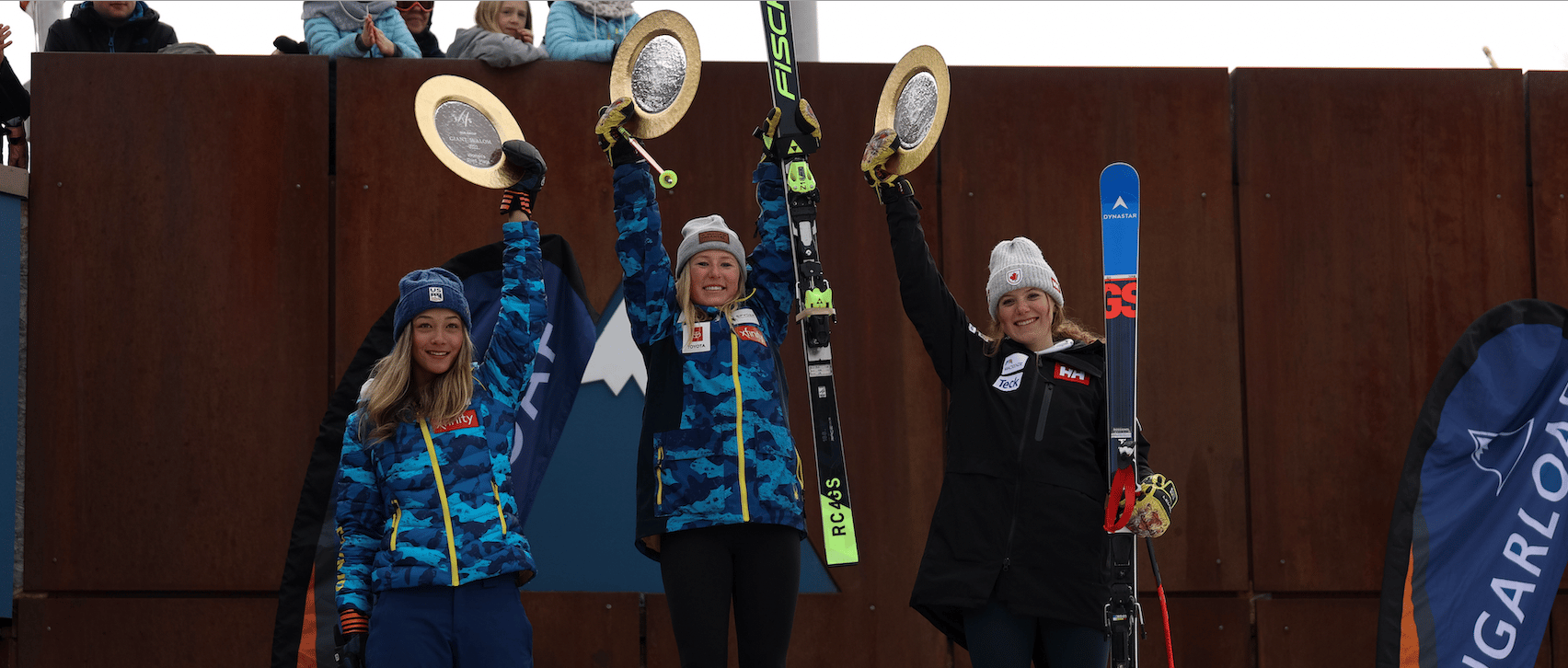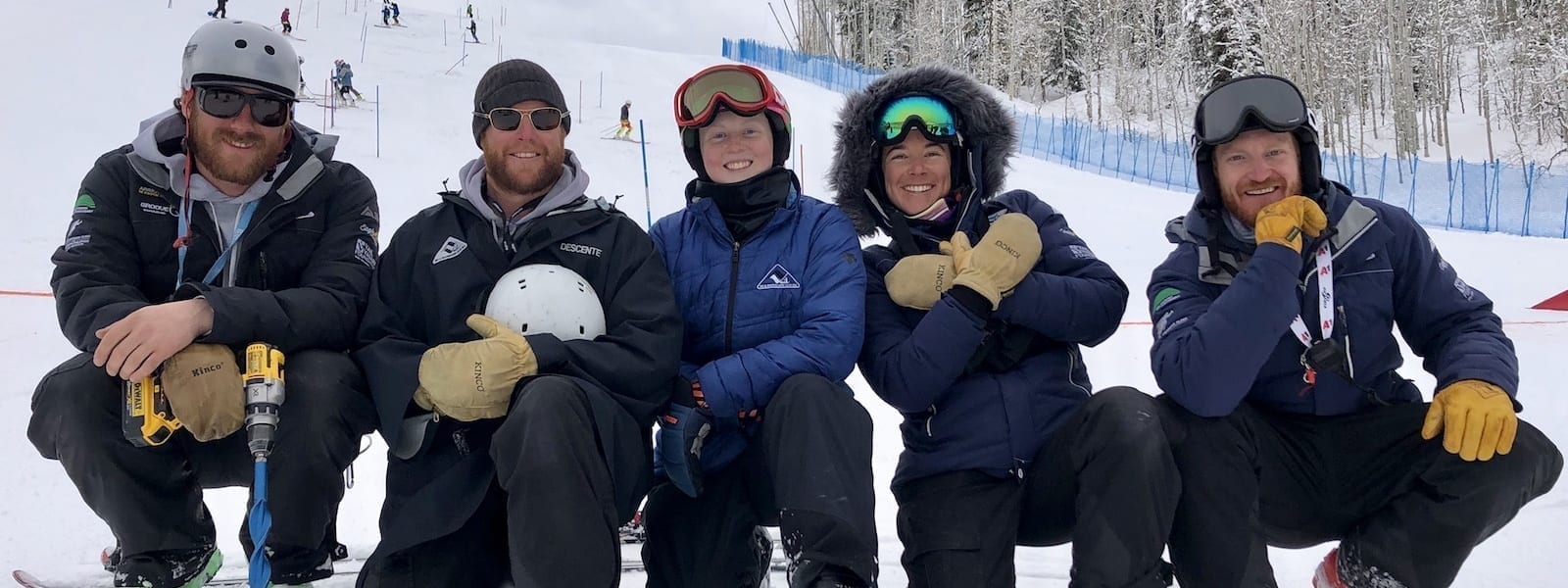Inside the Ski Racing Mind: Red Flags for Over-invested Ski Racing Parents
 One of your most essential goals in your children’s lives as ski racers is to have them gain ownership of their participation. They need to feel that ski racing is their thing. But ownership isn’t just something that they can gain on their own. Rather, it is a gift you give them that offers so many wonderful benefits to their development as young athletes and, more importantly, as young people. It is also something that you can take away from them with ease.
One of your most essential goals in your children’s lives as ski racers is to have them gain ownership of their participation. They need to feel that ski racing is their thing. But ownership isn’t just something that they can gain on their own. Rather, it is a gift you give them that offers so many wonderful benefits to their development as young athletes and, more importantly, as young people. It is also something that you can take away from them with ease.
Perhaps the greatest obstacle to your children gaining that ownership of their ski racing occurs when you commandeer that ownership to meet your own needs. There are a variety of red flags that you should look for in yourself and your spouse to judge whether either of you is putting your own needs ahead of those of your children, whether you are stealing your children’s ski racing life.
Red Flag #1: Merging with Your Child
In your zealousness to see your children find ski racing success, you are in danger of becoming so involved in your children’s efforts that you may not distinguish between your own needs and those of your children. The University of Washington researcher Frank Smoll calls this the “reverse dependency trap” in which parents overidentify with their child’s experience and define their own self-worth based on the success of their children.
Ski racing may actually become more important to you than to your children. This excessive interest on your part, rather than promoting your children’s participation, undermines their interest by taking away their ownership of our sport. Your children may develop the perception that ski racing is no longer theirs because you seem to be doing more than they are. In essence, you merge with your children in their ski racing efforts.
If you merge with your children, you will assume roles that are outside of your purview as a parent, such as doing all scheduling without your child’s input, talking too much about ski racing, attending all training and races, and coaching your children (even if you don’t really know much about ski racing). A early sign that you might be merging with your children is that you take responsibility away from them, such as constantly asking them whether they have maintained their equipment properly or are adequately prepared for an upcoming race.
The clearest and scariest signs that you might be merging with your child is if you enter the “we” zone, meaning you begin talking about your children’s ski racing in terms of how “we” did, for example, “We had a great race today” or “We qualified for Junior Nationals.”
Red Flag #2: Living Vicariously Through Your Children
One of the great joys of being a parent is sharing in your children’s achievements. Your excitement for their successes and your disappointment for their failures are a normal and healthy part of parenting. But sharing your children’s ski racing doesn’t mean living through their ski racing.
Sharing their experiences places the focus on them. The emphasis is on what the experience means to your children, the emotions they are feeling, the lessons they learn, and the benefits they gain from their ski racing. When your children ski well, you are thrilled for them. When they ski poorly, you feel their sadness. With sharing, it is all about your children.
When you are living vicariously through your children, the focus is on you: your emotions, what the experience means to you, what you gain from it. When your children have good races, you feel that you have succeeded. When your children have bad races, you feel that you have failed. With living vicariously through your children, it is all about you.
Red Flag #3: Placing Your Happiness on Your Children’s Shoulders
It’s tough being a kid these days. Your children have so many responsibilities including school, family, social life, and ski racing. These challenges alone are sufficient to burden your children. Yet when you become overly invested in your children’s ski racing, you may also place on them the additional responsibility of making you happy. If you do not gain sufficient meaning and satisfaction from your own life and look to their ski racing as the primary source of ego-gratification, your self-esteem becomes dependent on your children’s ski racing.
Imagine the burden. Every time your children race, your happiness is squarely on their shoulders. If they succeed, you will be happy. If they do poorly, you will be unhappy. Imagine the pressure your children will feel when they get in the starting gate. Your happiness is on the line and it is entirely on their shoulders!
The first red flag that might signal that you are placing your happiness on your children’s shoulders relates to the strength of your emotions compared to theirs. Are you more nervous before races than your children are, more excited when they succeed, and more disappointed when they don’t ski up to expectations?
Another red flag is if you’re more concerned with results, points, and rankings than the developmental benefits of ski racing. What is the first thing you ask your children after a performance—“How did you do?” If the results of your children’s races take precedence over the fun and life lessons learned, then you may be placing your happiness on your child’s shoulders.
Red Flag #4: Losing Perspective
Ski racing is a seductive sport. Fame and fortune resulting from success in our sport appear to be waiting for your children if only they have the talent and determination to reach that level. They could be the next Bode Miller or Lindsey Vonn. This dream can cause them to lose perspective on ski racing’s intrinsic value of fun, life lessons, and love of a lifetime sport.
If you also buy into this unrealistic perspective and direct your energy based on this illusion, you may be setting your children up for failure and you for disappointment. If you are seduced by the same naive perspective and encourage this view in your children to the exclusion of anything else, you are inflicting potentially long-term and irreparable harm to your children’s personal development.
The odds of your children becoming great ski racers are also infinitesimally small. How many Mancusos or Svindalls emerge in any generation? I’m not saying that your children’s shouldn’t dream big (if they don’t aim for the sky, they won’t even get to the top of the mountain), but that shouldn’t be your focus as ski racing parents. And you definitely shouldn’t expect a financial return on your investment in your children’s ski racing.
Red Flag #5: Overmatching Your Child
In your zealousness to encourage your children’s development as ski racers, you are in  danger of pushing them harder and harder, even when they may not be prepared for the increased demands. For example, you might commit your children to ski camps all summer at Mt. Hood when they would benefit more from a few weeks on snow along with a vigorous physical conditioning program and participation in a summer sport. Dr. T. Berry Brazelton, the author of What Every Baby Knows, observes that “parents today seem to be anxiously concerned with early learning. With a [child] who has a slow start, parents’ anxiety to prove she’s OK may lead them to push her to do things before she’s ready…An environment full of pressure is likely to become a strained, joyless one…Eventually they have trouble coping with the demands of our complicated society.” By placing your children in training and race situations in which they are overmatched, you may be inadvertently inh
danger of pushing them harder and harder, even when they may not be prepared for the increased demands. For example, you might commit your children to ski camps all summer at Mt. Hood when they would benefit more from a few weeks on snow along with a vigorous physical conditioning program and participation in a summer sport. Dr. T. Berry Brazelton, the author of What Every Baby Knows, observes that “parents today seem to be anxiously concerned with early learning. With a [child] who has a slow start, parents’ anxiety to prove she’s OK may lead them to push her to do things before she’s ready…An environment full of pressure is likely to become a strained, joyless one…Eventually they have trouble coping with the demands of our complicated society.” By placing your children in training and race situations in which they are overmatched, you may be inadvertently inh
ibiting, rather than facilitating, their interest, achievement, and enjoyment in ski racing.
The essential question: Why would you put your children in situations in which they are overmatched? One reason may be that you might overstate your children’s capabilities. You may not have a realistic understanding of their ski racing abilities. You may use peer comparisons in your judgments. You may think, “My Stephanie is a better skier than her friend Jenny, so she’s ready move up to the next level of training.” Your own ego and achievement needs can cause you to overmatch your children. Because of your emotional investment in their ski racing, you may have difficulty admitting that they are anything but the most talented skiers out there.
Wanting to “fast-forward” their development is another reason for overmatching your children. In our society where achievement is so highly revered and rewarded, you may feel pressure to give your children every advantage by putting them on what you believe is the fast track to success. This urgency shows itself in the need to get your children involved with personal trainers, too much time on snow, and racing too much at too early an age. You may also feel the need to “keep up with the Joneses” and your children will suffer from this “neglect.” Unfortunately, you may not realize that development can’t be rushed; the necessary time and effort has to be put in and your children have to be allowed to develop at their own pace.
Dr. Benjamin Bloom, the author of Developing Talent in Young People, believes that pushing children too quickly up the development ladder will actually slow their progress. He describes the initial romance stage of development as emphasizing play, fun, and exploration. During this stage, children learn fundamental skills and develop a love for the achievement activity. Dr. Bloom found that rushing children through their development interfered with the emergence of these areas and left them with inadequate motivation and skills to be successful later in their development in the achievement activity.
Note: This article is excerpted from my first parenting book, Positive Pushing: How to Raise a Successful and Happy Child.
Follow me on Facebook, Twitter, or YouTube.
About Dr. Jim Taylor
Dr. Jim Taylor knows the psychology of ski racing! He competed internationally for Burke Mtn. Academy, Middlebury College, and the University of Colorado. For the past 25 years, Jim has worked with many of America’s leading junior race programs as well as World Cup competitors from many countries. He is a clinical associate professor in the Sport&Performance Psychology graduate program at the University of Denver. Jim is the author of Prime Ski Racing: Triumph of the Racer’s Mind and his latest parenting book is Your Children are Listening: Nine Messages They Need to Hear From You.
Click here to go to Dr. Jim’s archive.





















